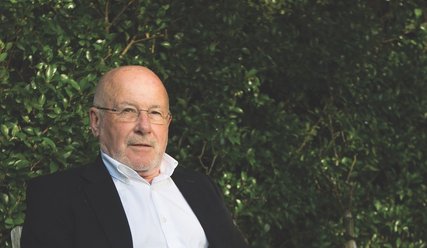ACC on concussion and other conundrums
New Zealand is a nation of sports fanatics, farmers, and DIYers. We put our bodies on the line, and consequently, record over 35,000 concussions or traumatic brain injuries (TBI) in New Zealand every year. Paul Abernathy, a sports physiotherapist, cricket enthusiast, and strategic partner at ACC spoke at GP21: the conference for general practice, about how the current ACC referral system is a barrier to patients receiving timely care, and how this could be improved.
The current ACC referral system poses significant barriers to both GPs and to patients. As it stands, patients wait an average of eight weeks before being able to access the appropriate concussion treatments through ACC. Health practitioners are being let down by an outdated system, and patients aren’t receiving the consistency of care that they could be.
With the right systems and processes in place, ACC data shows that half of all concussion patients could be managed solely in primary care. By supporting GPs with the right triage and assessment tools, we can reduce the burden on primary healthcare and on ACC. ACC data from surveys within primary care report a lack of confidence within general practice in treating TBI patients. GPs have got the capability and the skillset, but feel limited by 15-minute appointment times and have minimal resources and tools available to support their decision making.
The treatment and referral model that Paul proposed, which ACC is working on, hopes to eliminate some of the current barriers. This model would have no requirements for ACC approval, essentially eliminating the negotiation process between primary healthcare and ACC. The guideline is for a standard 15-minute consult for the initial patient assessment, then to allow for an extended consultation time in secondary consults, ideally two-seven days later. New TBI assessment tools would be integrated into Patient Management Systems and additional educational resources and training to support assessment and management of TBI would be made available.
There will be workforce challenges within the proposed model and ACC is currently working with the Auckland and Canterbury PHOs, trailing to see what works and what doesn’t, resulting in a more sustainable model of concussion management that is better for GPs, for ACC, and for patients.
